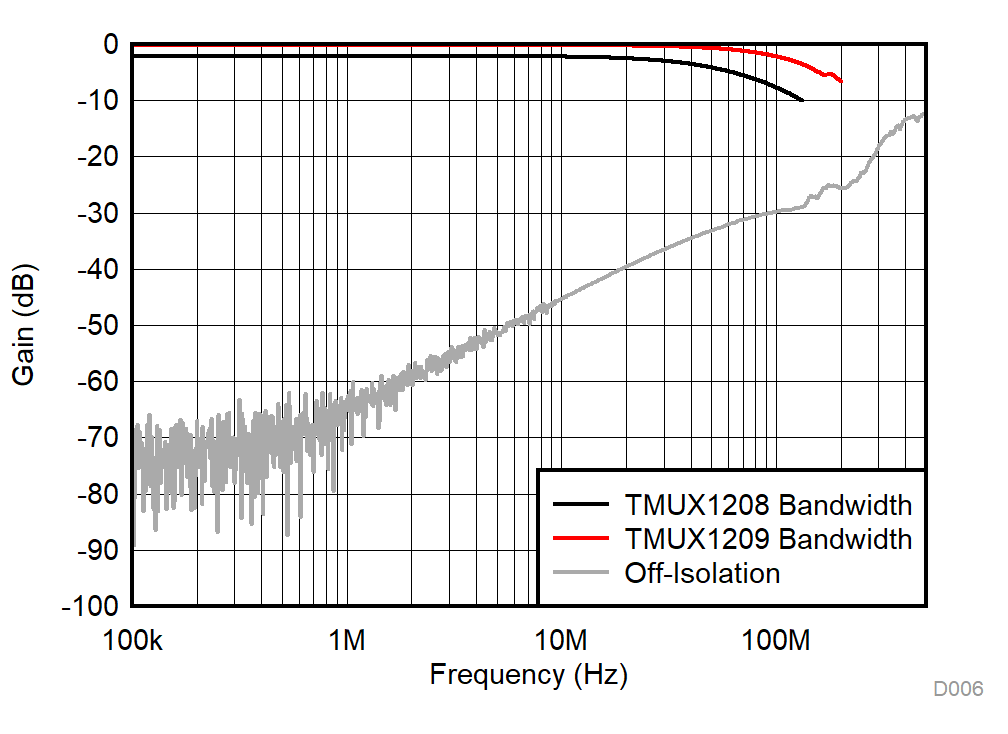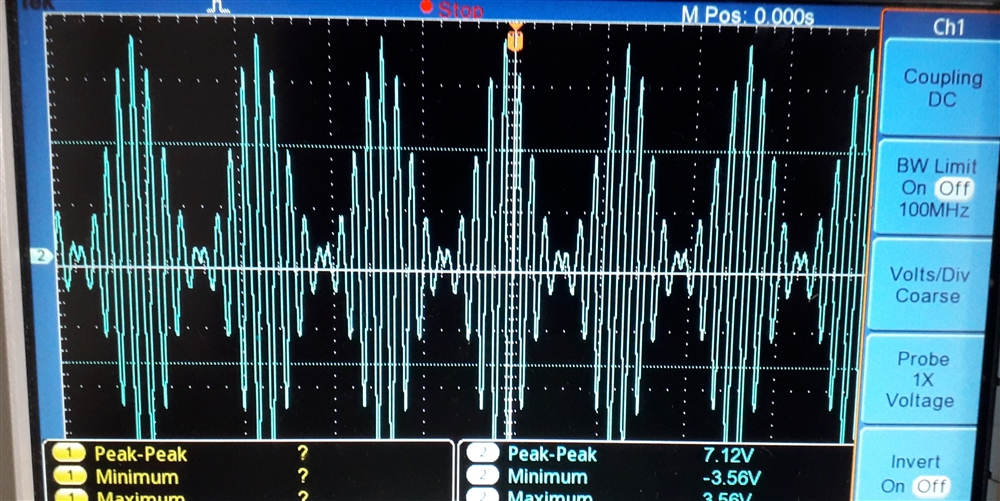Respected Sir / Madam,
I am doing a university project on a topic structural damage location (x,y) on a thin aluminium plate (1m x 1m). There are 4 piezoelectric transducer situated at 4 corners of my plate. I am using a surface guided wave which has amplitude of +7 V and -7 V and frequency of 500 Khz. I am using THS3091 ic which successfully excite the piezo one at a time. My task is to excite 4 piezo at different time (for 2 us) and sense the wave from the same 4 piezo as soon as excitation gets complete for 1 sec ie to take 16 sensing reading. So for this i have used CD4052 as a multiplexer and demultiplexer for switching 4 piezos. As it switching time is 20 nsec (less than 1 usec).
In the above figure, S1 is the common pin and there are 4 different but same circuit which give output. My actual problem is the Csd capacitor placed parallel to switch. When the switch is off position still my wave passes through the Csd capacitor of low amplitude. For solving my problem during excitation, I used RL=10k ohm and CL=1nF. which in turn reduced the effect of Csd capacitor ; But during sensing, all 4 piezo start sensing at same time. Each piezo will sense different wave which had been reflected from boundary. The wave have variable amplitude ranging from 0 mV to (+100 mV and -100 mV). My intention is to sense wave from one piezo at a time and store in a micro-controller memory. For this I set one switch in on position and 3 switch in off position of CD4052. But in actual, from the Csd capacitor of 3 off switches transferring the sensed wave which in turn my required waves mixes with all unwanted waves.
Please recommend me a solution or circuit or multiplexer / demultiplexer for switching piezos nearly below 1 us.
Thank you,
Akshay Kolekar




